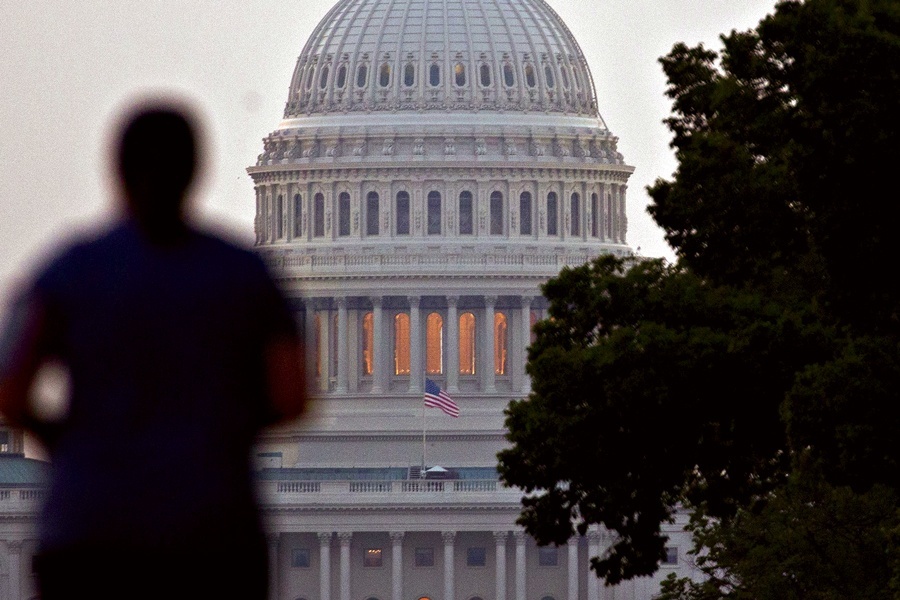

A bipartisan group of three senators introduced legislation on Wednesday that would open 403(b)s to multiple-employer plans and pooled employer plans.
The bill is very similar to one introduced in December by the same group of legislators — Sens. Chuck Grassley, R-Iowa, Maggie Hassan, D-N.H., and James Lankford, R-Okla. Other members of Congress have also moved to allow nonprofits and other organizations eligible to operate 403(b) plans to participate in MEPs and PEPs, although those efforts have so far been unsuccessful.
Companies that have waded into the PEPs business as pooled plan providers see tax-exempt organizations as very attractive, having even more potential than groups eligible to operate 401(k)s.
In most cases, 403(b)s are not able to participate in MEPs, although nonprofits can if they receive express permission from the Department of Labor. Under the law, the 403(b) code does not positively identify MEPs as an allowable plan arrangement.
The bill introduced Wednesday seeks to change that; it would also clarify that small employers that join a MEP can claim a pension plan start-up tax credit for three years.
Like its prior iteration, the bill would also give employers up to 9 ½ months to correct certain errors caused during the implementation of automatic plan features that occurs when joining a MEP.
PEPs, which were enacted in the SECURE Act, allow unrelated employers to participate in the same plan. By contrast, MEPs generally require a connection, such as ownership by the same company, membership in the same group or use of the same third-party benefits provider.
The new legislation has support from industry groups, including the Insured Retirement Institute.
“The bill provides common-sense, bipartisan solutions that will help address the challenges and obstacles that continue to inhibit savings and producing income during retirement,” Paul Richman, chief government and political affairs officer at IRI, said in a statement.

A new proposal could end the ban on promoting client reviews in states like California and Connecticut, giving state-registered advisors a level playing field with their SEC-registered peers.

Morningstar research data show improved retirement trajectories for self-directors and allocators placed in managed accounts.

Some in the industry say that more UBS financial advisors this year will be heading for the exits.

The Wall Street giant has blasted data middlemen as digital freeloaders, but tech firms and consumer advocates are pushing back.

Research reveals a 4% year-on-year increase in expenses that one in five Americans, including one-quarter of Gen Xers, say they have not planned for.
Orion's Tom Wilson on delivering coordinated, high-touch service in a world where returns alone no longer set you apart.
Barely a decade old, registered index-linked annuities have quickly surged in popularity, thanks to their unique blend of protection and growth potential—an appealing option for investors looking to chart a steadier course through today's choppy market waters, says Myles Lambert, Brighthouse Financial.
